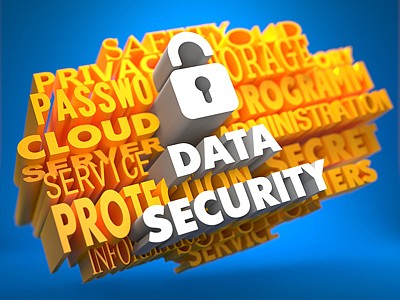The Internal Revenue Service (IRS) urges families and teens to stay vigilant in protecting personal information while connected to the Internet. Although the IRS is making huge strides in fighting identity theft and thwarting fraudulent tax returns, help is needed.
During National Work and Family Month, IRS is asking parents and families to be mindful of all the pitfalls that can be found by sharing devices at home, shopping online and through navigating various social media platforms. Often, those who are less experienced can put themselves and others at risk by leaving an unnecessary trail of personal information for fraudsters.
The IRS has joined with representatives of the software industry, tax preparation firms, payroll and tax financial product processors and state tax administrators to combat identity theft refund fraud to protect the nation’s taxpayers. This group, the Security Summit, has found methods to help reduce fraudulent tax returns entering tax-processing systems.
Here are a few common-sense suggestions that can make a difference for children, teens and those who are less experienced:
•Remind them why security is important. People of all ages should not reveal too much information about themselves. Keeping data secure and only providing what is necessary minimizes online exposure to scammers and criminals. Birthdates, addresses, age and especially Social Security numbers are among things that should not be shared freely.
•Always use security software with firewall and anti-virus protections. Make sure the security software is always turned on and can automatically update. Encrypt sensitive files such as tax records stored on computers. Use strong, unique passwords for each account. Be sure all family members have comprehensive protection especially if devices are being shared.
•Teach them to recognize and avoid scams. Phishing emails, threatening phone calls and texts from thieves posing as IRS or from legitimate organizations pose risks. Do not click on links or download attachments from unknown or suspicious emails.
•Protect personal data. Don’t routinely carry a Social Security card. Keep it at home. Be sure any financial records are secure. Advise children and teens to shop at reputable online retailers. Treat personal information like cash; don’t leave it lying around.
•Teach them about public Wi-Fi networks. Connection to Wi-Fi in a mall or coffee shop is convenient but it may not be safe. Hackers and cybercriminals can easily intercept personal information. Always use a virtual private network when connecting to public Wi-Fi
